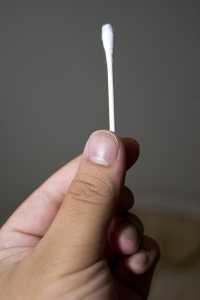Author Interviews, Cancer Research, JAMA, Stroke / 13.01.2018
Feasibility of Anticoagulating Cancer Patients At Increased Risk of Stroke
MedicalResearch.com Interview with:
Babak B. Navi MD, MS
Department of Neurology
Weill Cornell Medicine
New York, New York
MedicalResearch.com: What is the background for this study?
Response: About 10% of patients with ischemic stroke have comorbid cancer and these patients face an increased risk of stroke recurrence. Many strokes in patients with cancer are attributed to unconventional mechanisms from acquired hypercoagulability. Therefore, many physicians recommend anticoagulation, especially low molecular weight heparins, for the treatment of cancer-associated stroke. However, hypercoagulable stroke mechanisms, such as nonbacterial thrombotic endocarditis, are rarely definitively diagnosed in cancer patients antemortem; while atherosclerosis, which is generally treated with antiplatelet medicines such as aspirin, is common in cancer patients. In addition, many historic indications for anticoagulation in ischemic stroke have been disproven by randomized trials because any reductions in stroke risk were offset by increased risks of bleeding. Given these considerations, we believed that a randomized trial comparing anticoagulation with enoxaparin to antiplatelet therapy with aspirin was necessary to determine the superior strategy, prompting implementation of the TEACH pilot randomized trial. The primary aim of TEACH was to determine whether the random assignment of different antithrombotic strategies to cancer patients with acute ischemic stroke would be sufficiently feasible and safe to proceed with a larger efficacy trial. (more…)







